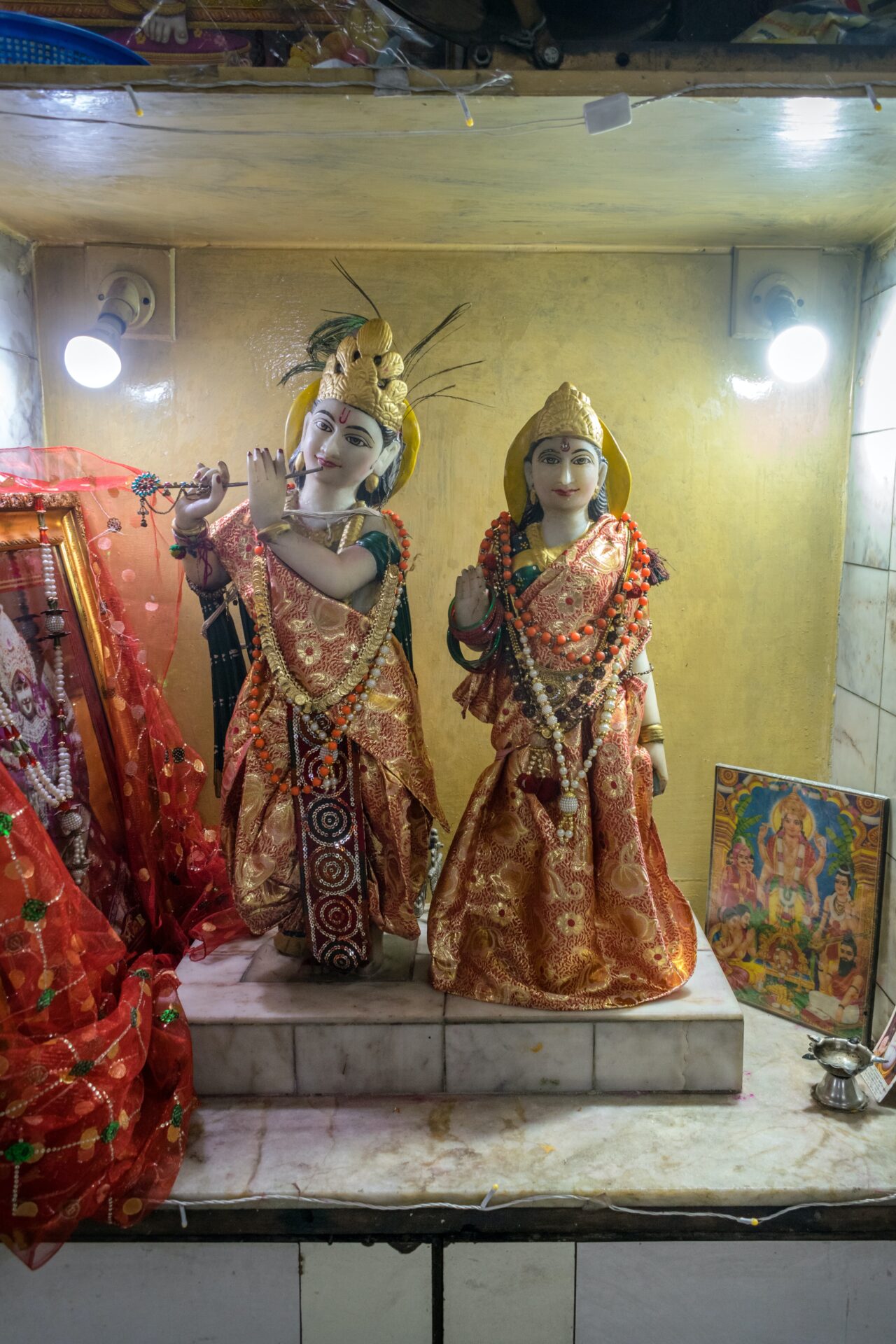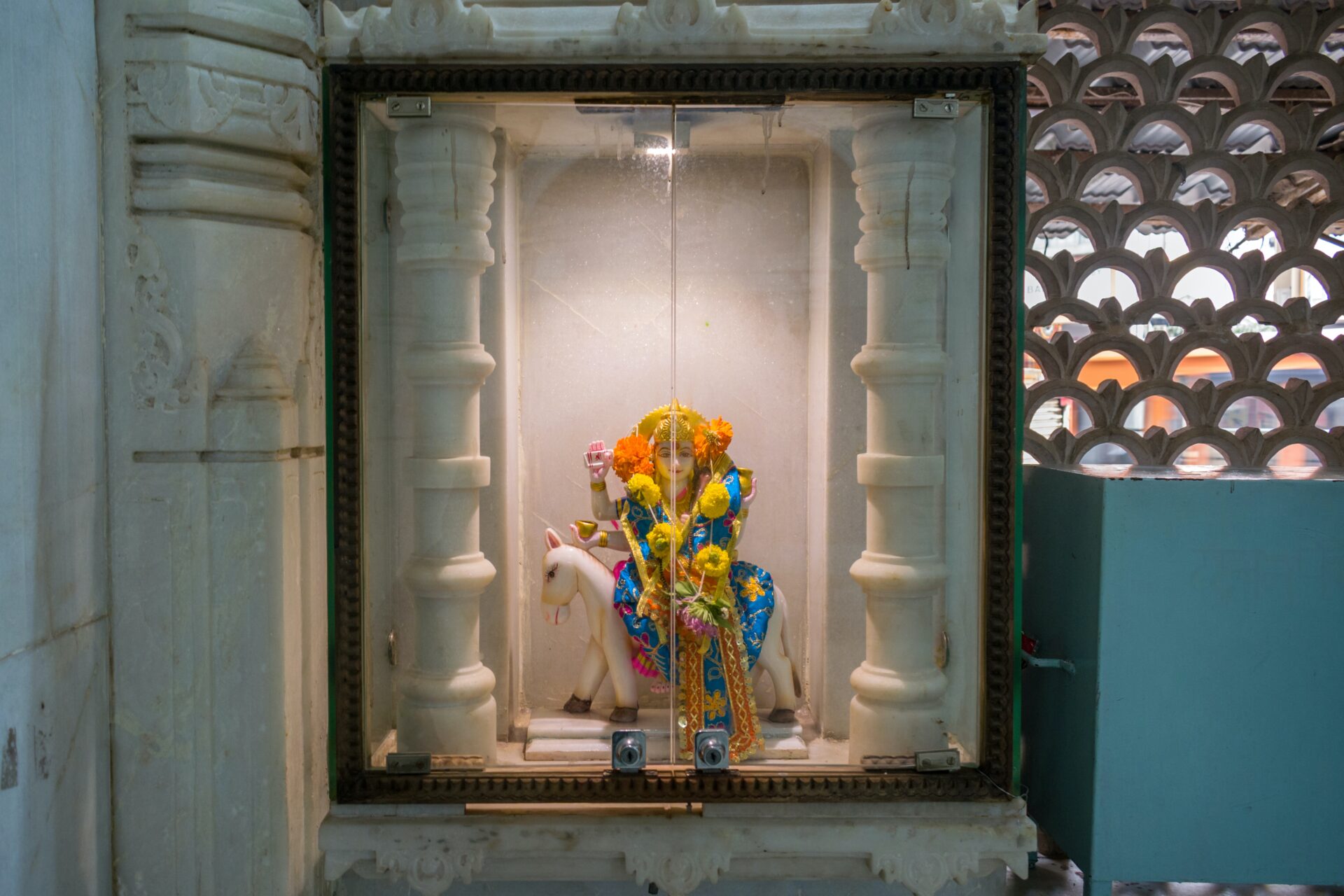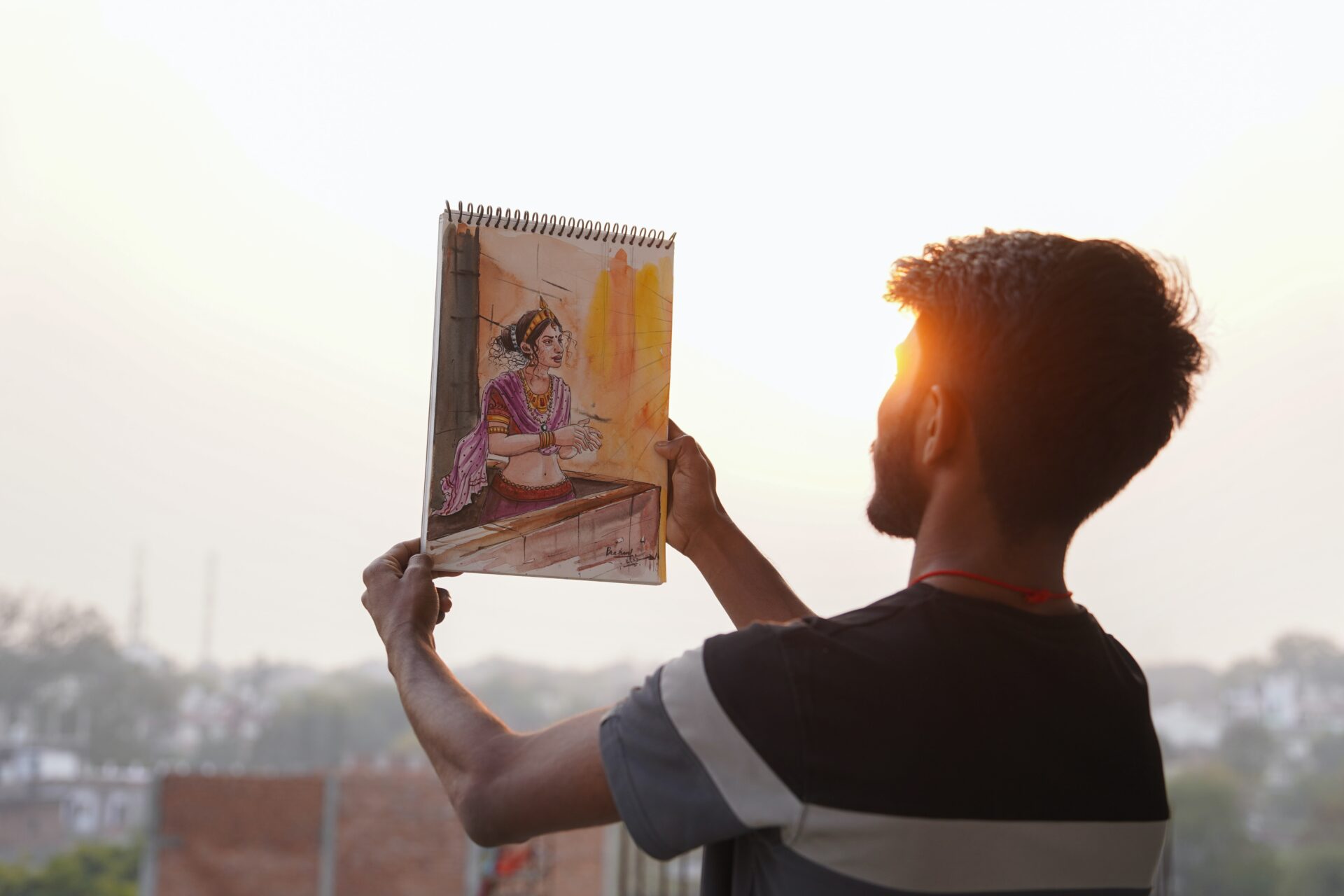Have you ever wondered who the mastermind behind the captivating Hindu epic Mahabharata is? This ancient tale that spans generations and encompassees complex characters and intricate plotlines has captured the imagination of millions around the world. As you delve into the depths of this epic, you might find yourself pondering who could be the genius behind such a riveting masterpiece. In this article, we will explore the possible authors of the Mahabharata, shedding light on the mystery that has captivated scholars and enthusiasts for centuries.
Table of Contents
Introduction
You might have heard of the Hindu epic Mahabharata, a sprawling narrative that has captivated millions of readers and listeners for centuries. But have you ever wondered who is responsible for the creation of this magnificent piece of literature? In this article, we will delve into the authorship of the Mahabharata and explore the role of Sage Vyasa, the central figure believed to be the one behind this timeless masterpiece.
Sage Vyasa
The authorship of the Mahabharata is commonly attributed to Sage Vyasa, a revered figure in Hindu mythology. Vyasa is believed to be an incarnation of Lord Vishnu, who took on the task of compiling and composing the ancient texts that form the epic. His name, Vyasa, translates to “the arranger” or “the compiler” – a fitting title considering his role in assembling the vast knowledge contained within the Mahabharata.

Composition
The composition of the Mahabharata spanned various periods, making it a truly collaborative effort that involved contributions from different sages and scholars over time. The epic is not the work of a single author or a single time period; rather, it is the result of a rich tapestry of narratives woven together over centuries.
To fully comprehend the composition of the Mahabharata, it is important to understand its divisions. The epic is divided into 18 books or Parvas, each of which explores different aspects of the story. These Parvas include familiar names such as Adi Parva, Sabha Parva, Vana Parva, and Shanti Parva, among others. Each Parva contributes to the overall narrative arc of the Mahabharata, creating a cohesive and intricate tapestry of tales.
Vyasa’s Role
As mentioned earlier, Sage Vyasa played a crucial role in the compilation and arrangement of the ancient texts that form the basis of the Mahabharata. It is said that Vyasa divided the epic into 18 Parvas and assigned different sages to narrate each section. This collaborative effort ensured that the diverse teachings and stories of the Mahabharata were accurately preserved and presented to future generations.
While Vyasa was the primary compiler, it is important to acknowledge that he was not the sole contributor to the epic. Numerous other sages and scholars, such as Vaishampayana, Sanjaya, and Markandeya, also added their insights and knowledge to the Mahabharata. This collaborative approach ensures that the epic encompasses a wide range of perspectives and wisdom.

Authorship Debate
While the traditional belief is that Sage Vyasa is the sole author of the Mahabharata, there have been alternative theories proposed by scholars and researchers. Some argue that the epic was not the work of a single author but rather the result of multiple authors or redactors who contributed to its composition over time.
This alternative perspective suggests that the Mahabharata evolved through a process of continuous modification and transformation. As different authors and redactors added their own insights and interpretations, the epic grew and changed, reflecting the evolving societal and cultural contexts in which it was orally transmitted.
Vyasa’s Authority
Regardless of the authorship debate, one thing remains clear – Sage Vyasa occupies a central role in the Mahabharata. His name is deeply intertwined with the epic, and his authority as the primary compiler and arranger is undisputed. Vyasa’s contributions are crucial to the preservation and dissemination of the epic’s teachings and stories.
Vyasa’s authorship of the Mahabharata holds great significance not only for devotees but also for scholars and researchers. By attributing the epic to Vyasa, it becomes a touchstone for understanding ancient Indian literature, culture, and philosophy. It provides a comprehensive view of the values and beliefs that shaped ancient Indian civilization.

Characteristics of Vyasa
Sage Vyasa is often revered for his immense wisdom and knowledge. In addition to compiling the Mahabharata, he is believed to have authored several other texts, such as the Brahma Sutras and the Bhagavata Purana. This vast repository of knowledge demonstrates Vyasa’s profound understanding of various disciplines, including philosophy, theology, and literature.
To understand Vyasa’s significance, it is essential to consider the historical background and context in which he lived. Ancient India was a melting pot of diverse cultures, traditions, and philosophies. Vyasa’s ability to synthesize and articulate these diverse perspectives into a coherent narrative showcases his exceptional intellect and insight.
Other Contributors
While Vyasa’s role in the Mahabharata is paramount, it is important to acknowledge the contributions of other characters within the epic. One such contributor is Dhritarashtra, the blind king who serves as a primary protagonist in the narrative. Dhritarashtra’s interactions with sage Sanjaya, another key character, provide crucial insights and commentary on the events unfolding in the epic.
Another interesting contributor to the Mahabharata is Ganesha, the elephant-headed deity. According to legend, Vyasa sought Ganesha’s assistance in narrating the epic. Ganesha agreed but under the condition that Vyasa must recite the epic flawlessly without any pauses. This condition prompted Vyasa to compose the epic in a way that allows for continuous and uninterrupted storytelling.
Evolution of the Epic
The Mahabharata did not emerge fully formed but rather evolved through an oral tradition and subsequent modifications. The story was initially transmitted orally, with different bards and storytellers adding their own flavors and interpretations to the narrative. As the epic passed from one generation to the next, it absorbed new elements and underwent changes, mirroring the ever-changing cultural and societal contexts.
Influence from later authors and scholars also played a significant role in the evolution of the epic. As the Mahabharata gained popularity, it attracted the attention of various scholars, who wrote commentaries, interpretations, and additional stories based on the original text. These contributions enriched the epic, expanding its scope and offering a deeper understanding of the characters, themes, and teachings.
Conclusion
In conclusion, the authorship of the Mahabharata is attributed to Sage Vyasa, a revered figure in Hindu mythology. While alternative theories propose multiple authors or redactors, Vyasa’s role as the compiler and arranger remains central to the epic’s creation. His immense wisdom, historical context, and collaborative effort with other sages contribute to the richness and significance of the Mahabharata. As a timeless masterpiece, the epic continues to captivate and inspire audiences, serving as a window into ancient Indian culture, philosophy, and values.